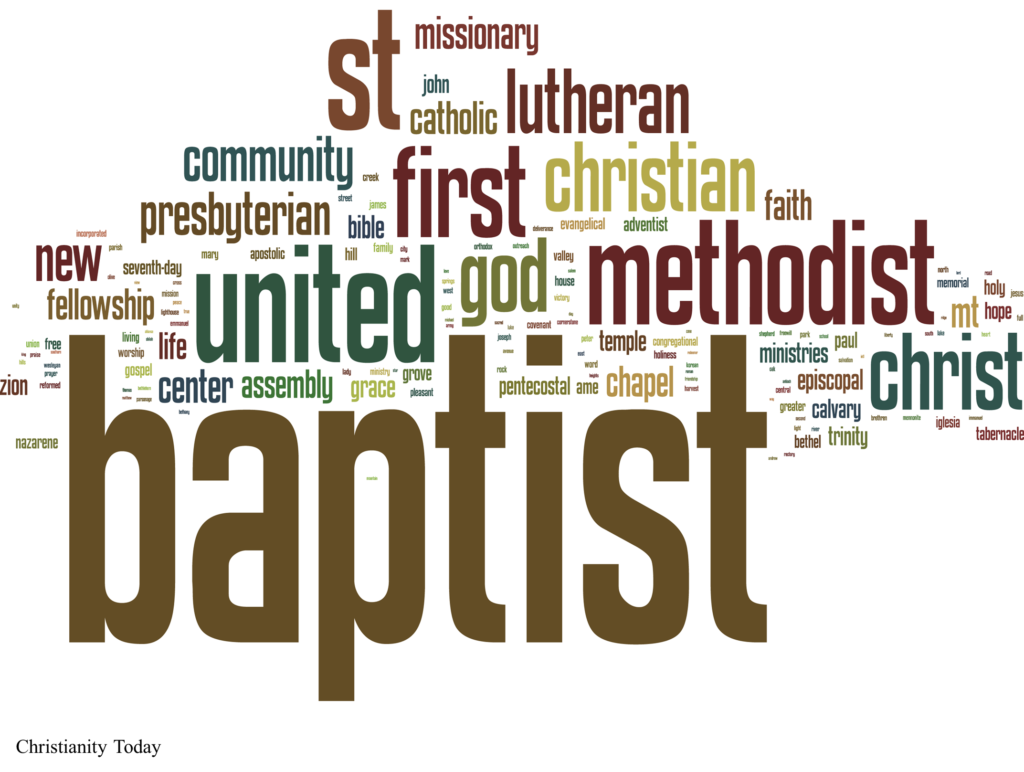
This is a question, “What is Happening to Christianity Today?” many believers and non-believers may ask themselves as they observe the changes and challenges that Christianity faces in the 21st century. Christianity is the world’s largest religion, with about 2.4 billion adherents, or 31% of the global population, according to a 2015 Pew Research Center report. It is also one of the oldest and most diverse religions, with many branches, denominations, traditions, and movements.
Christianity today is a diverse and complex phenomenon encompassing many traditions, beliefs, practices, and communities worldwide. Christianity is the world’s largest religion, with about 2.5 billion followers, or 31.2% of the global population. Christianity is based on the teachings of Jesus Christ, who is believed to be the Son of God and the Savior of humanity. Christians worship God in various ways, such as through prayer, scripture reading, singing, sacraments, and church attendance. Christians also seek to live according to the values and principles of their faith, such as love, justice, mercy, and compassion.
Christianity today faces many challenges and opportunities in a rapidly changing world. Some of the issues that Christians deal with include:
Secularization: The decline of religious influence and authority in society, especially in the Western world. Secularization can affect how Christians relate to culture, politics, education, science, and morality.
Pluralism: The coexistence and interaction of different religious and cultural groups in society. Pluralism can foster dialogue, tolerance, and cooperation among Christians and people of other faiths. It can also raise questions about identity, truth, and exclusivity.
Persecution: The oppression, discrimination, or violence against Christians because of their faith. Persecution can occur in various forms and degrees, from social marginalization to physical torture and death. Persecution can test the faith and resilience of Christians and inspire solidarity and advocacy among them.
Mission: The calling and responsibility of Christians to share the gospel of Jesus Christ with others. A mission can involve evangelism, social action, humanitarian aid, interfaith dialogue, and cultural engagement. A mission can also face contextualization, adaptation, and resistance challenges.
However, Christianity is also undergoing significant internal and external transformations that may affect its future shape, size, and influence. Some of these transformations include:
- The shift of Christianity’s center of gravity from the Global North to the Global South. According to Pew Research Center projections, by 2050, four out of every five Christians will live in Africa, Latin America, or Asia, while Europe and North America will have fewer Christians than they do today. This means that Christianity will become more diverse in terms of culture, language, worship styles, and theological perspectives.
- The decline of Christianity in some regions and the growth of other religions or no religion. While Christianity is growing rapidly in some parts of the world, such as sub-Saharan Africa and China, it is losing ground in others, such as Europe and North America, where secularization, religious pluralism, and disaffiliation are on the rise. In addition, other religions, such as Islam and Hinduism, are also expanding their share of the global population, creating new opportunities and challenges for interreligious dialogue and cooperation.
- The emergence of new forms of Christian expression and engagement. In response to the changing social, cultural, and technological contexts, many Christians are exploring new ways of living out their faith and reaching out to others. These include online churches, house churches, megachurches, network churches, progressive churches, and emergent churches. Some of these forms may challenge or complement the traditional church organization and leadership models.
- The rise of new issues and controversies that affect Christian beliefs and practices. As the world becomes more complex and interconnected, Christians are confronted with new ethical, moral, and theological dilemmas that require discernment and dialogue. Some of these issues include human sexuality and gender identity, bioethics and biotechnology, environmental stewardship and climate change, social justice and human rights, religious freedom and persecution, violence, and peacebuilding, among others.
These are just some of the major trends that are shaping Christianity today. They pose opportunities and challenges for Christians seeking to follow Jesus Christ in a changing world. They also invite us to reflect on what it means to be a Christian in the 21st century: What core beliefs and values define our faith? How do we express our faith in our daily lives? How do we relate to other Christians who may differ from us? How do we engage with other religions or no religion? How do we respond to the needs and concerns of our world?
These are not easy questions to answer, but they are important ones to ask. They require us to be open-minded, humble, and respectful of others. They also require us to be faithful to the gospel message that has been entrusted to us by Jesus Christ and his apostles. As we seek to understand what is happening to Christianity today, let us also seek to understand what God is doing in our midst and how he is calling us to participate in his mission.
~Lesallan
August 16, 2023



